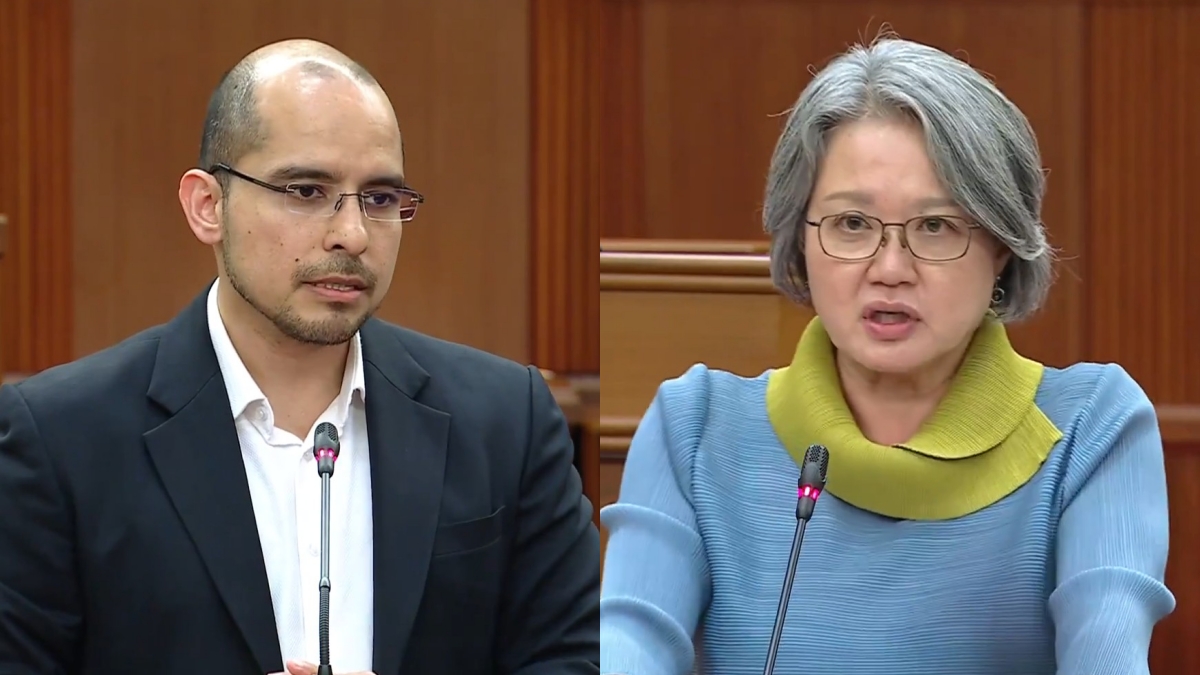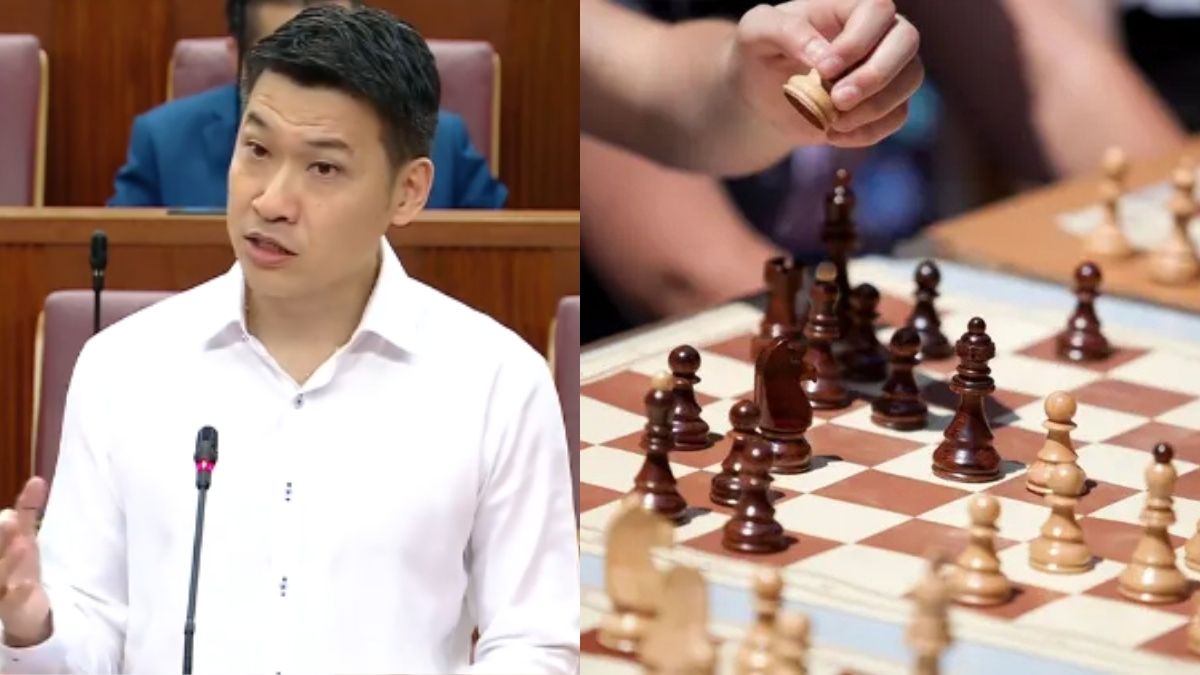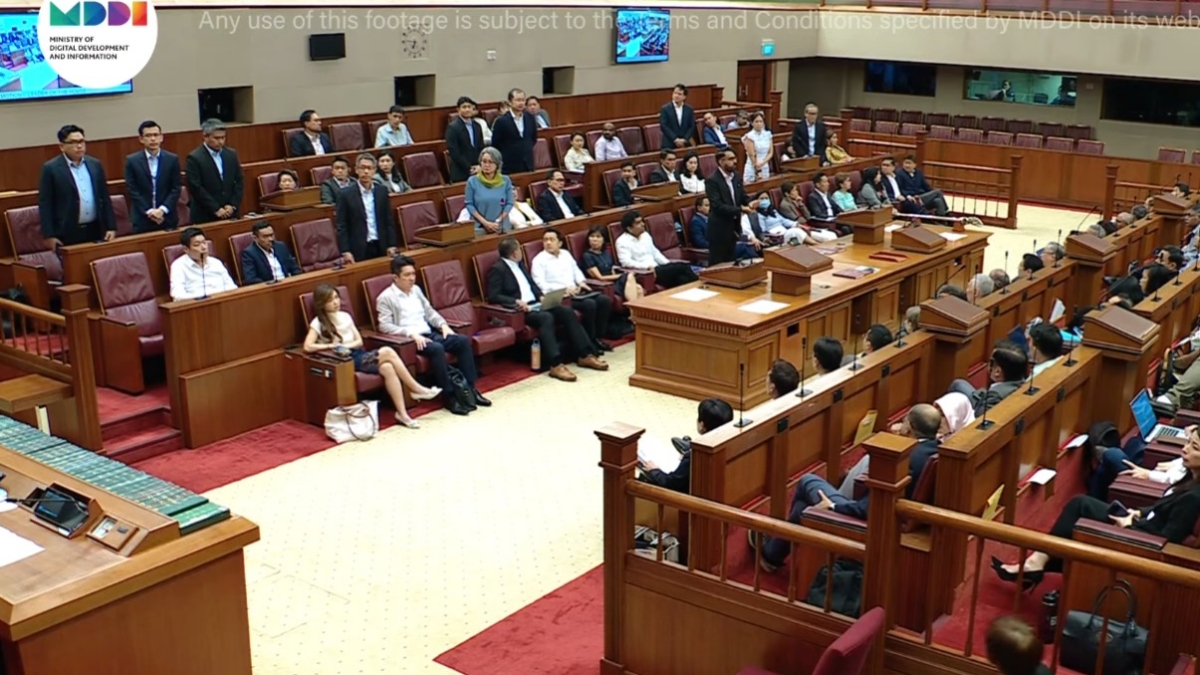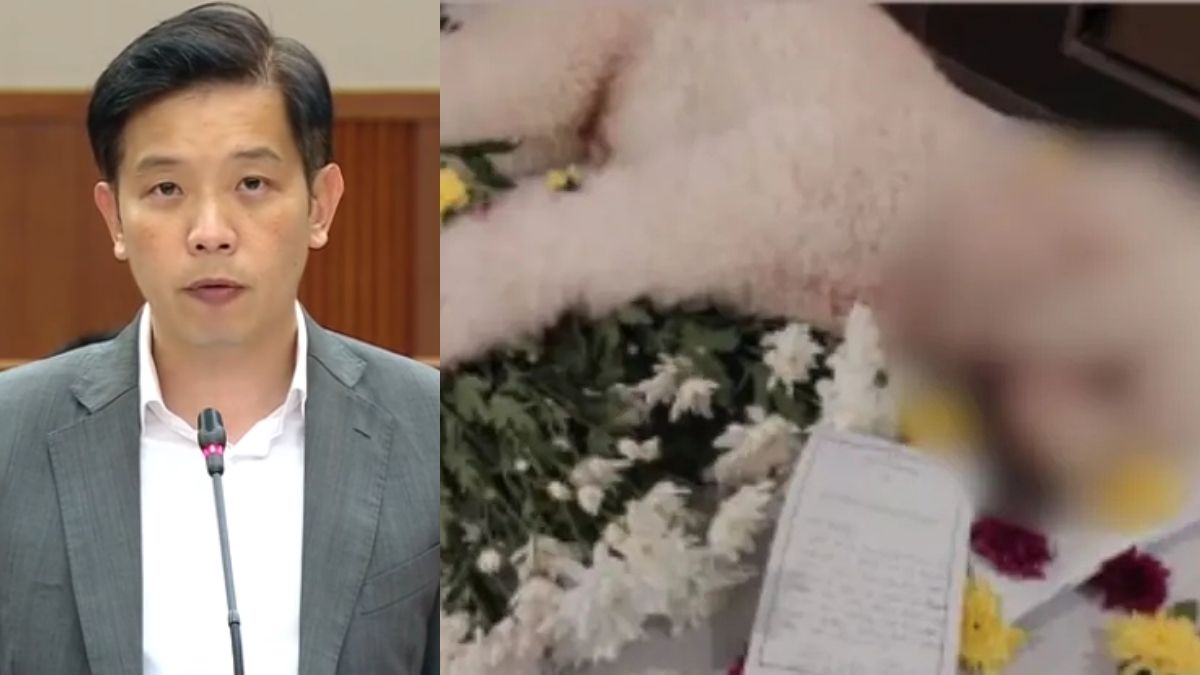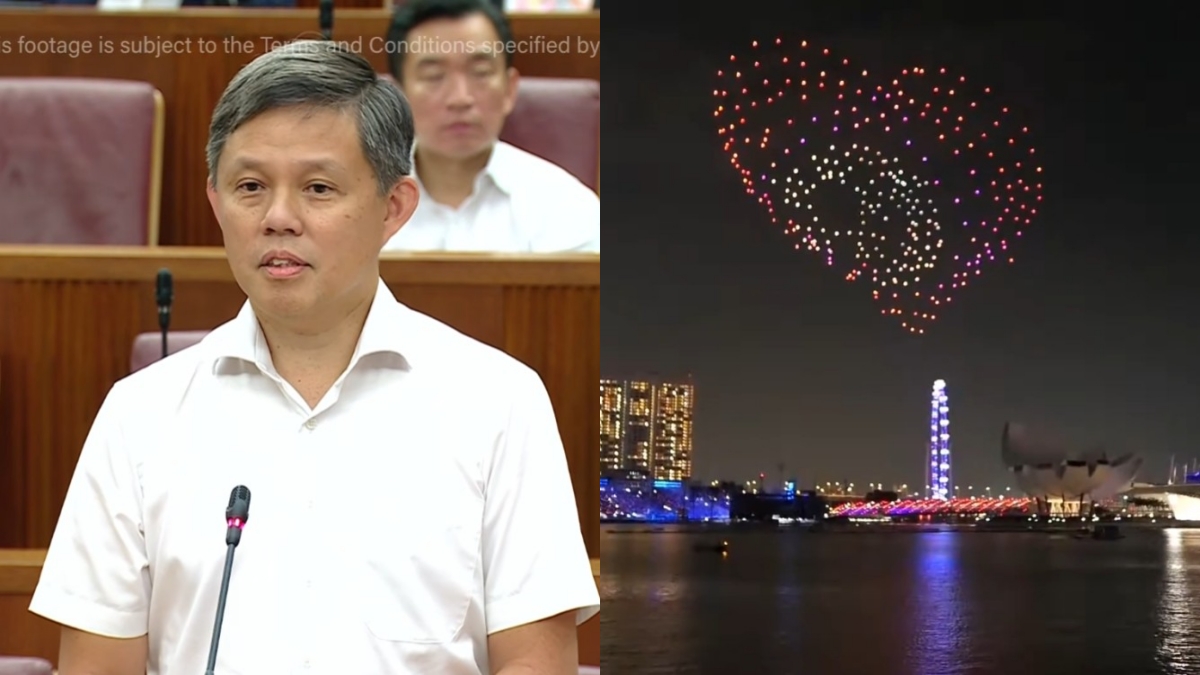MAS monitoring anti-scam banking rules and may refine safeguards for low-risk transfers
MAS is reviewing how new anti-scam banking rules affect legitimate transactions. In response to a parliamentary question, it said some payments are already exempt and further refinements may be considered.
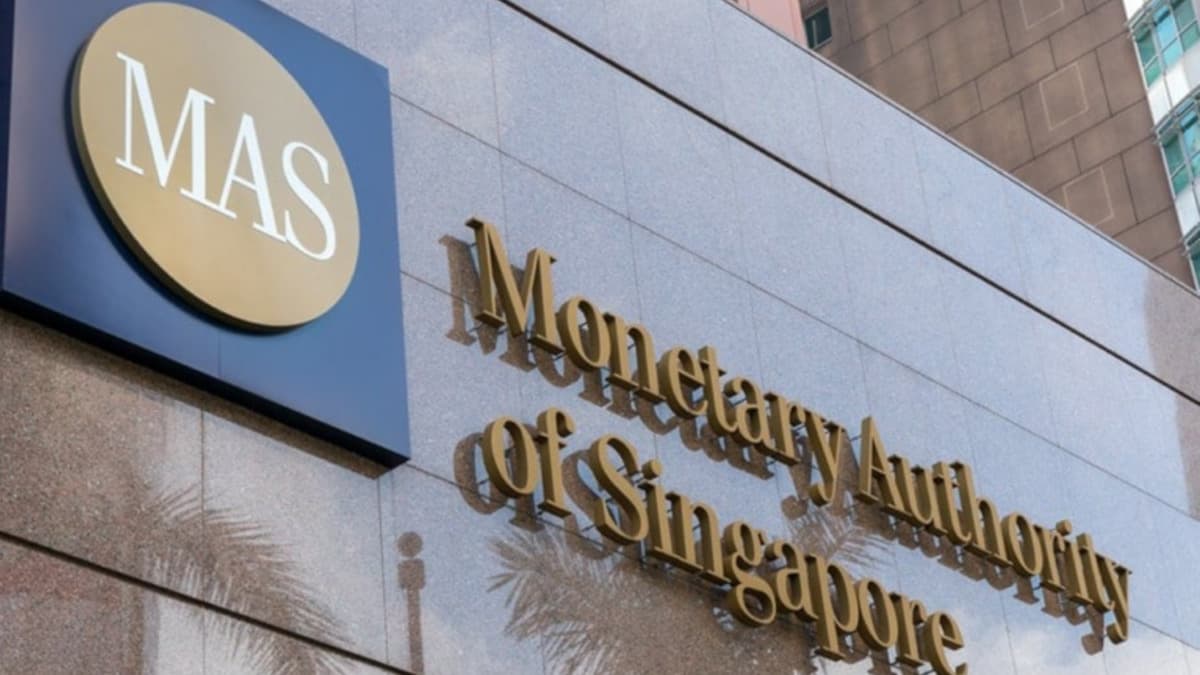
- The Monetary Authority of Singapore (MAS) has introduced new anti-scam safeguards to delay high-risk transactions.
- Workers’ Party MP Sylvia Lim raised concerns about friction in low-risk transactions, such as transfers to self or Government agencies.
- MAS clarified some exemptions exist and adjustments may follow to balance security with user convenience.
On 4 November 2025, Workers’ Party Member of Parliament for Aljunied GRC, Sylvia Lim, raised a question in Parliament concerning the calibration of anti-scam banking measures.
She asked whether the Monetary Authority of Singapore (MAS) would work with banks to reduce transaction friction in low-risk, pre-identified scenarios, such as when users transfer funds to their own accounts or to Government agencies.
Responding in a written reply on behalf of the Prime Minister, Minister for Trade and Industry Gan Kim Yong stated that MAS had already collaborated with banks to implement additional safeguards to protect account holders from scams that result in significant monetary losses.
A central component of the latest measures targets high-value account balances. Bank accounts holding at least S$50,000 are monitored for rapid fund withdrawals. When activity indicates a possible scam—particularly when over 50% of the account balance is withdrawn within a 24-hour period—banks will delay subsequent outgoing transfers or reject them outright to allow time for customers to verify their legitimacy.
Gan acknowledged that not all transactions are subject to these measures. Some categories, including (i) recurring standing instructions, (ii) recurring GIRO or eGIRO payments, and (iii) bill payments to billing organisations such as Government agencies, are currently exempt. These are considered "whitelisted" and do not trigger the delay mechanism.
However, Gan noted the limitations of cross-bank account identification. He explained that banks currently lack visibility into whether an account with another bank belongs to the same individual. This restricts their ability to automatically whitelist such transactions.
MAS and the banking industry are actively monitoring the implementation of these measures and may adjust them to reduce unintended disruption. Gan stressed the importance of balancing consumer protection with transaction efficiency, adding that "to protect consumers against scams, we need to accept some inconvenience in payments transactions."
He further advised consumers to plan ahead for high-value transfers to avoid delays, especially where time-sensitive payments are involved.
The latest changes stem from a broader anti-scam initiative introduced on 15 October 2025.
Under the enhanced fraud surveillance framework announced on 3 October 2025, major retail banks began holding or rejecting certain digital transactions suspected of being fraudulent. These include cases where an account is being rapidly depleted—one of the key indicators of a scam.
The new system complements earlier guidelines issued under the Shared Responsibility Framework (SRF) for phishing scams. MAS had previously introduced measures such as the deactivation of SMS-based One Time Passwords and the introduction of secure locking tools like MoneyLock to give consumers more control over their funds.
Under the enhanced safeguard, any current or savings account (including joint accounts) with a balance exceeding S$50,000 is monitored for abnormal activity. If a transaction, along with withdrawals within a 24-hour window, causes more than half of the account’s funds to be transferred out, the triggering transaction and any that follow are subject to a 24-hour hold or immediate rejection.
While these measures enhance fraud detection, they have also raised concerns about inconvenience for users making legitimate transfers. In her parliamentary question, Sylvia Lim pointed to the importance of recalibrating safeguards to better distinguish between risky and routine transactions.



